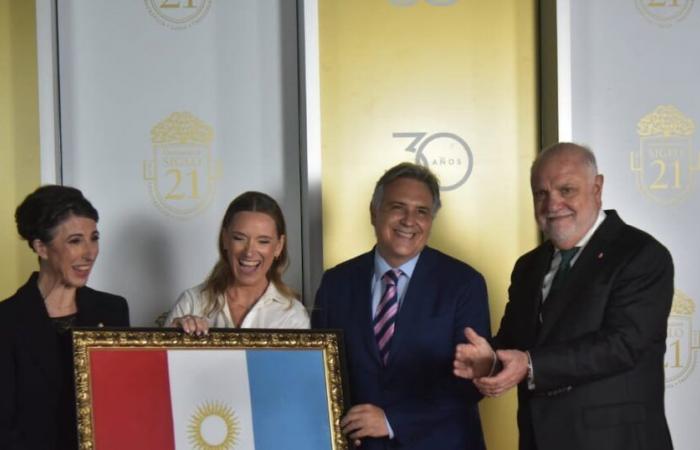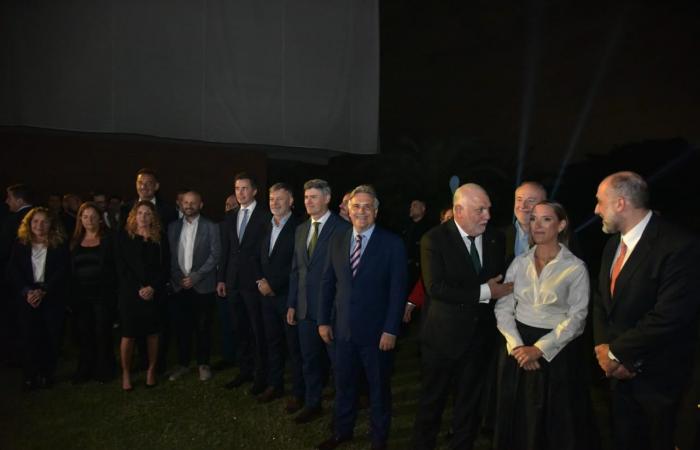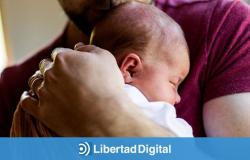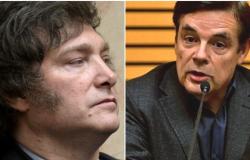Next year, the 21st century university will open its Medicine career, which will join its offer in health training, which already integrate kinesiology, nutrition and nursing. And he works with OSDE in the implementation of a university hospital, which will require an investment, in a first stage, of 70 million dollars and after another 30 million, when he enters operation.
This was the biggest announcement that the authorities of the 21st century made on Thursday in the act for the 30 years of the private university that today has 110 undergraduate, undergraduate and postgraduate careers, more than 90 thousand active students in their different modalities of course and about 100,000 graduates.
The aspiration is to capture between 2 thousand and 3 thousand medical students. “We know that it is something that is necessary because people live more and more and we are running out of doctors, for different reasons,” said the founder of the University, Juan Carlos Rabbat.
He also said that a campus is being built in Villa María, which will be added as a face -to -face headquarters to the Campus in the Córdoba airport area, to the headquarters of Nueva Córdoba and Río Cuarto.
“We always had big dreams, we were irreverent in dreams, but not the magnitude that was achieved,” Rabbat said. His aspiration, his dream of the future, is that the 21st century is “the Harvard of Latin America” for the excellence of his investigations, the prestige of his graduates and their contribution and social impact. “We know we are missing a lot, but we are on that path,” he said.
Quality, non -elitist
The current rector of the University, Laura Rosso, valued as the main contribution of the 21st century in these three decades “having made a higher education of non -elitist quality, present in each place in the country, with more than 300 university centers.”
-“To achieve this we do it using innovation and technology resources, we are not always comfortable to do the same or what everyone does,” Rosso said.

For her part, the former rector and current president of the Foundation, María Belén Mendé, highlighted as distinctive pillars of the offer of the 21st century university internationalization, the commitment to entrepreneurship and innovation and social sustainability.
“The university systems of the ’80s hurt us when thinking that a graduate was saved alone, the decisions we make impact others,” he said.
The challenges of the present think are framed in the pillars of learning by competencies and a model that with matrix subjects bets on the interrelation of students and knowledge.

Mendé said he had another dream: “A president graduated from the 21st century.” “We believe it would do the country very well,” he said. “We want to be a lighthouse for Latin America. This 36 -hectare campus was created for 500 years,” Rabbat completed.
All this was before a huge party, with Mapping and other attractions, and the presence, among other authorities, of the governor of Córdoba, Martín Llaryora, the capital’s mayor, Daniel Passerini, and other references of education, politics and Cordoba society.







